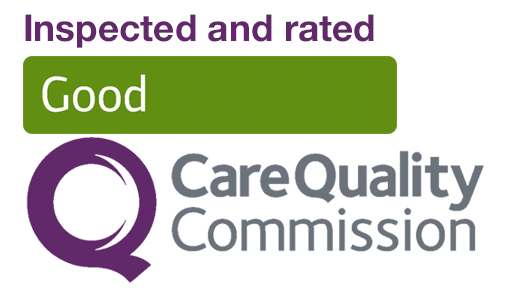One of the most common gastrointestinal problems pregnant women face is constipation. Constipation is common among pregnant women and affects up to 40% of them. Experiencing constipation during pregnancy can mean passing hard, sometimes painful stools. It can also mean having fewer bowel movements, as well as a variety of other symptoms like abdominal pain, cramps, and gas.
While constipation is uncomfortable and sadly common during pregnancy, there are numerous ways to manage it and alleviate discomfort.
When does constipation usually start during pregnancy?
Constipation usually begins around the second or third month of pregnancy, as progesterone levels rise. It may get worse as the pregnancy progresses and the uterus expands.
Symptoms of constipation during pregnancy
Constipation can cause any of the following symptoms:.
- Infrequent bowel movements
- Pain in the abdomen
- Hard, lumpy, or dry stools
- A feeling as if all of your stools have not passed
- An excessive effort to have a bowel movement
What Causes Constipation During Pregnancy?
Constipation is caused by pregnancy hormones, as are many other pregnancy symptoms. Progesterone relaxes the muscles of the colon, allowing food to stay in the digestive tract for longer.
The benefit is that the nutrients will take longer to absorb into the bloodstream and reach your baby. The downside is that you will be caught in a bottleneck in the waste product trade. Your enlarged uterus also occupies the living space that your intestine normally occupies, causing it to become narrow and unable to function properly.
How to Relieve Constipation During Pregnancy?
You’ll be relieved to know that there are several things you can do to help reduce this pleasant pregnancy ailment:
Fight back with fibre: Foods rich in fibre help eliminate waste; Aim for 25 to 35 grams of fibre per day. You can look at food labels if you want, but you don’t have to do the math. Instead, focus on eating a variety of whole grains and bread, legumes (like edamame and chickpeas), fresh fruits and vegetables (raw or minimally cooked, preferably with the skin still on), and dried fruits. Going green in the form of leafy greens and kiwi, which has a strong laxative impact, will also help you go. To get started, try anything on this delicious high-fibre menu. Are you stuck? Start with a pinch of bran or psyllium in your diet and gradually increase as needed. However, consult your doctor before doing so and don’t go crazy, as these fibre powerhouses can remove critical nutrients before they can be absorbed. (Also, expect some flatulence, which is a common pregnancy symptom, as well as a brief side effect of increasing your fibre intake.)
Drink fluids: Drinking 8 to 10-ounce glasses of fluids (water, vegetable or fruit juice, and broth) every day keeps solids moving through your digestive tract and softens and makes stool easier to pass. Hot drinks, like hot water and lemon (a health spa favourite), can also help increase peristalsis (the intestinal contractions that help you go). Because prune juice is a moderate laxative, it is a suitable option for really difficult cases.
Light exercise: Regular light exercise in pregnancy helps with regular bowel movements. Be sure to get the necessary amount of doctor-approved exercise, even if it’s just a 10-minute walk.
Go when you have to go: Holding it can cause constipation by weakening the muscles that control the intestines, so go whenever you need to.
Do not overeat: Large meals can put great pressure on your digestive system, causing it to become clogged. You may have less gas and bloating if you eat six mini meals a day instead of three large ones.
Resist refined: When possible, stay away from refined grains (white bread, white rice, refined cereals, and pasta); they tend to make things bigger.
Get your fix of probiotics: Acidophilus, a probiotic found in live-culture yoghurts, stimulates gut bacteria to break down food more efficiently and keep things moving. You can also ask your doctor to recommend a great probiotic supplement that can be added to shakes in capsule, chewable, or powder form.
Consider your supplements and medications: Ironically, many of the supplements and treatments that are beneficial to a pregnant woman’s body (prenatal vitamins, calcium and iron supplements, and antacids) can make constipation worse. Therefore, until the situation improves, talk to your doctor about alternatives (such as slow-release iron supplements) or changes in dosage. To help with constipation, talk to your doctor about taking a magnesium supplement. It can help you sleep better and soothe sore muscles if you take it at night.
Avoid laxatives that contain stimulants: Not all laxatives and stool softeners are safe to use during pregnancy, especially those that are herbal or homemade. Before taking any medicine for constipation or curing it, consult your doctor.
Do your Kegel exercises: Constipation, in addition to being pregnant and giving birth, can make your pelvic floor muscles weak, but doing Kegel exercises daily can help keep those muscles stronger.
Consult with your doctor: If home methods don’t work, contact your healthcare professional.
Conclusion
Constipation is a common but unpleasant condition during pregnancy. This blog describes the causes, symptoms and how to relieve them in several ways.


